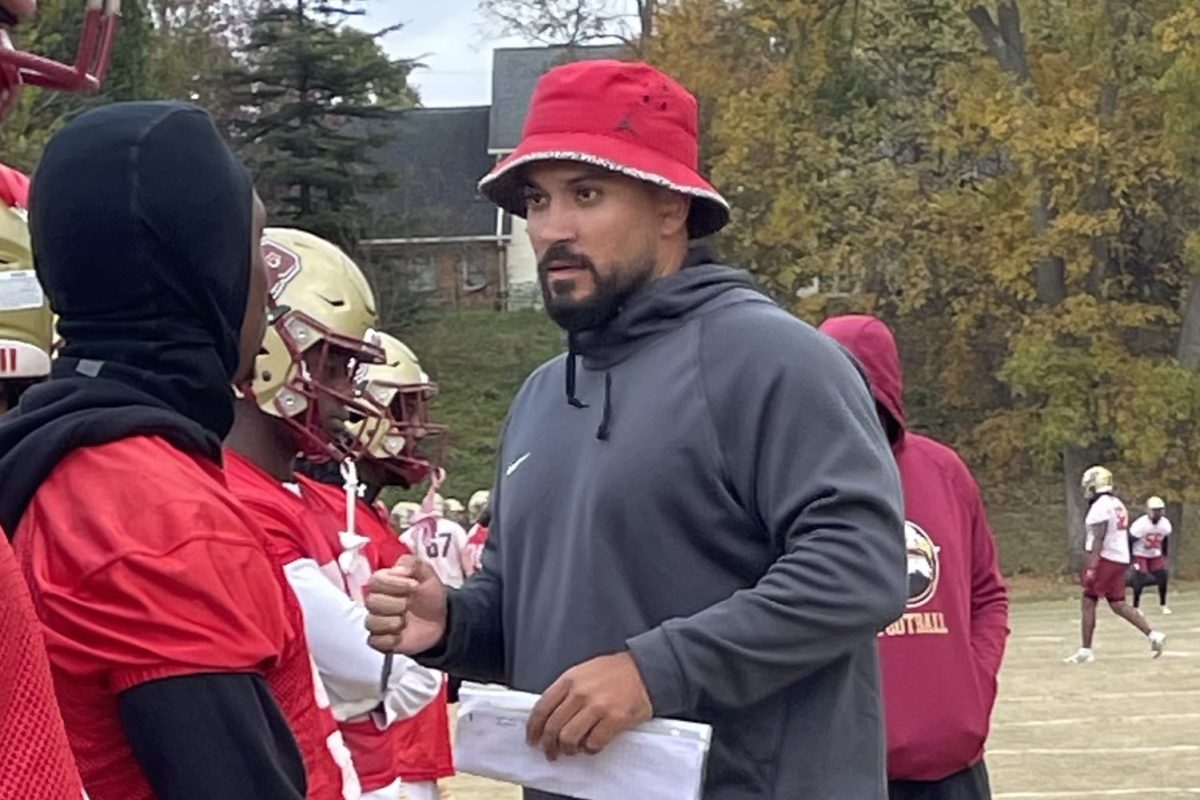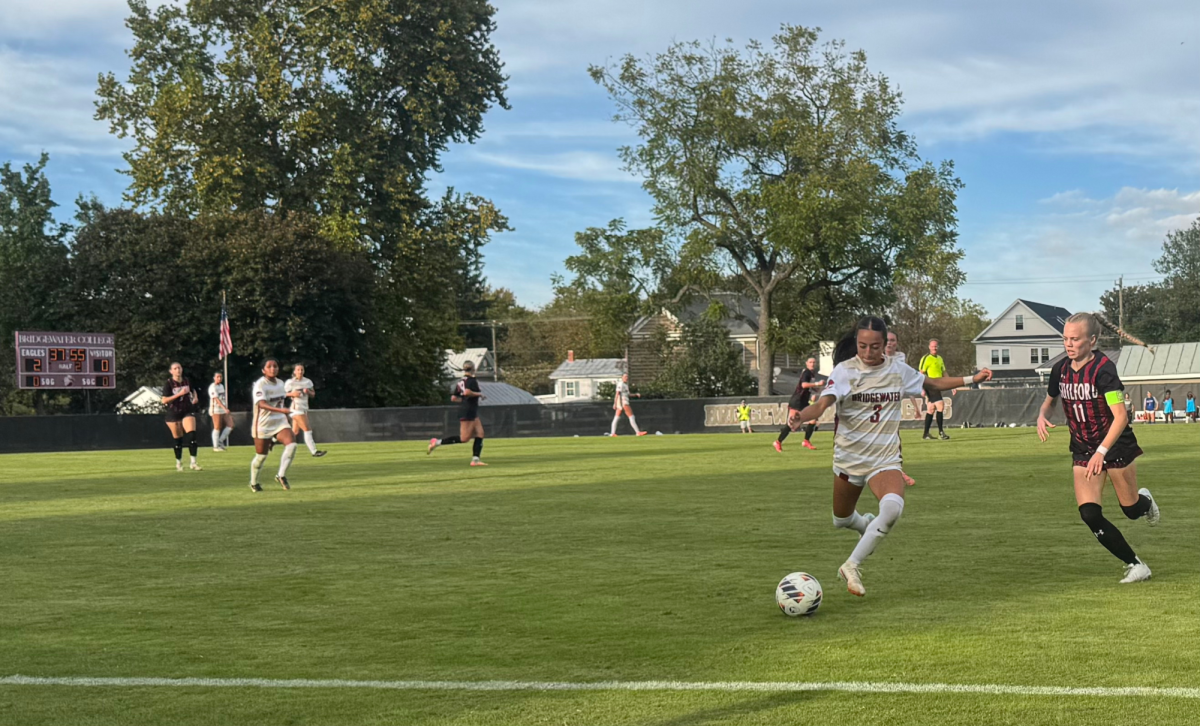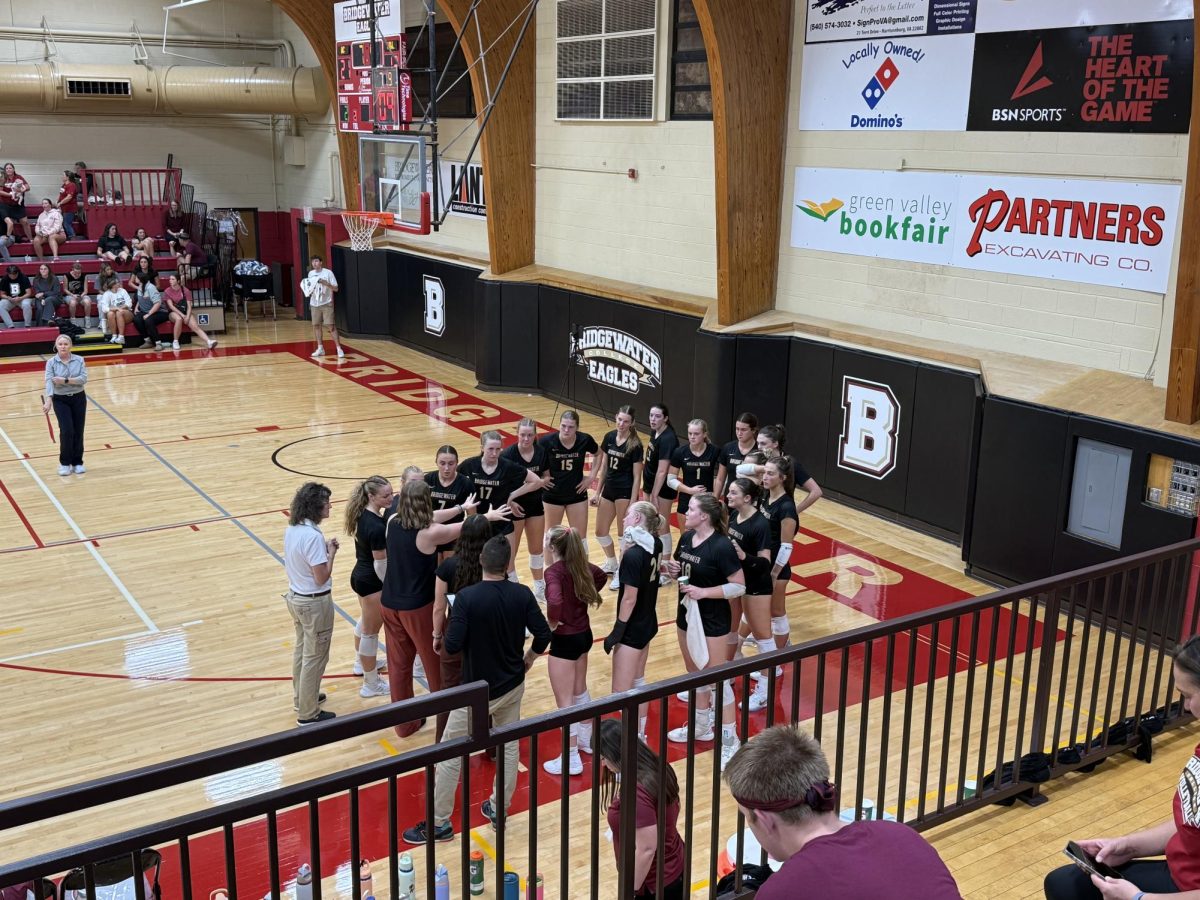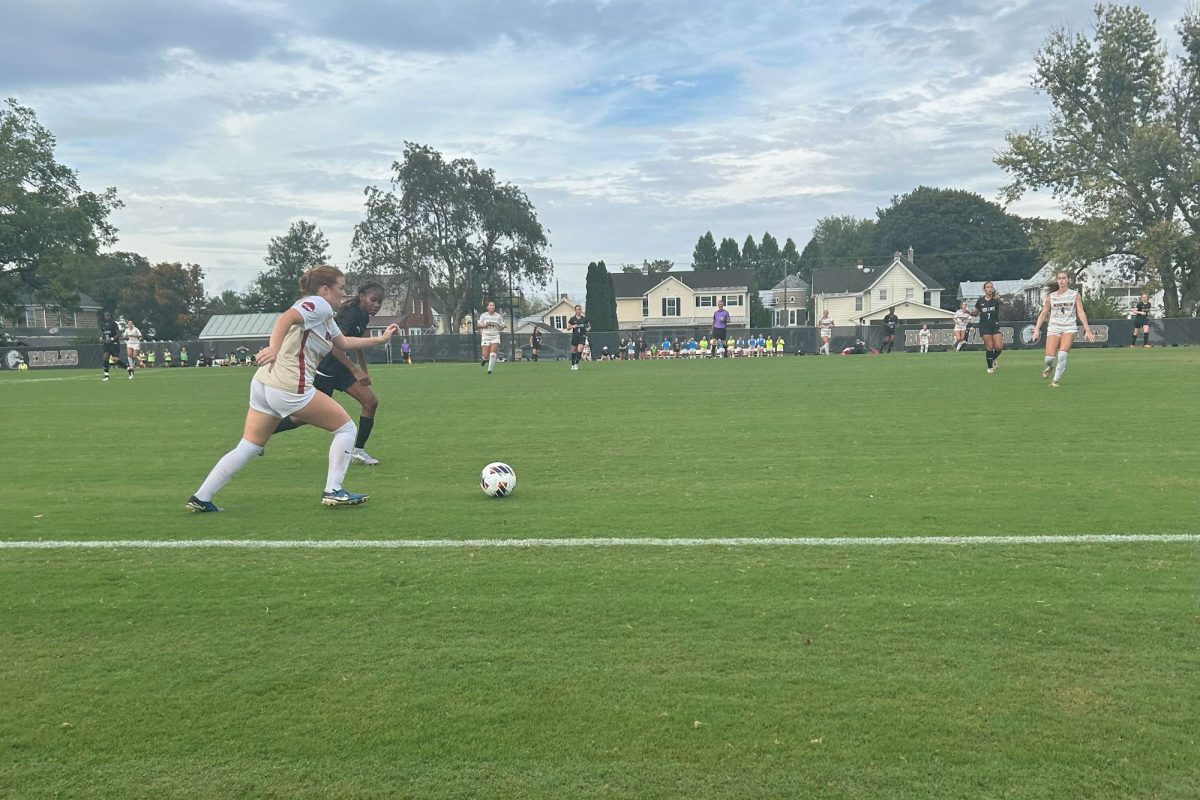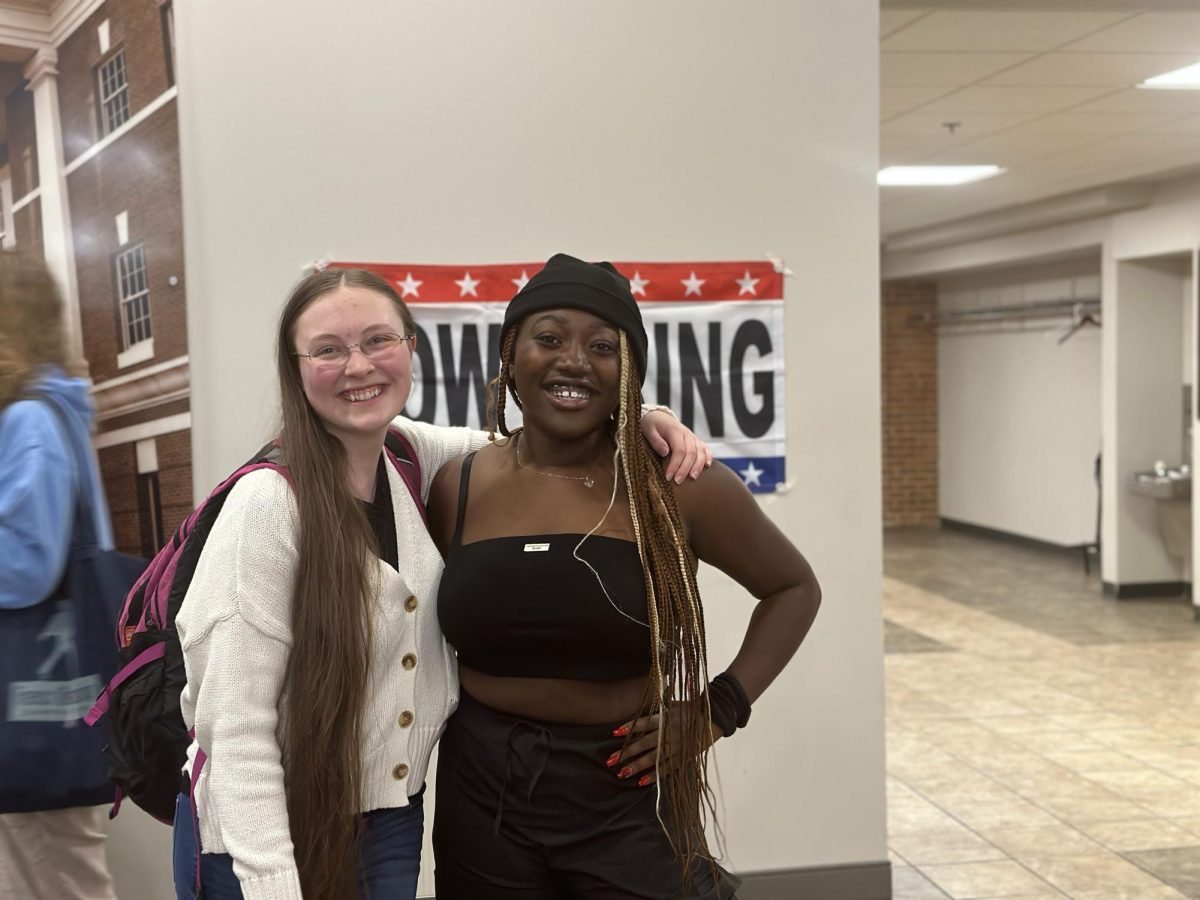
BRIDGEWATER, Va. – In 1999, Thomas Harris, author of “Red Dragon” and its sequel “The Silence of the Lambs”, published “Hannibal”, the third novel in the “Hannibal Lecter Series.”
Despite its heavy ties to its acclaimed predecessors, the final act of the novel was met with massive criticism. Many, including Jodie Foster, who played Starling in The Silence of the Lambs, and Ridley Scott, who directed “Hannibal”, felt the novel’s ending ruined Starling.
According to Scott, he “couldn’t take that quantum leap emotionally on behalf of Starling,” he said, “certainly, on behalf of Hannibal – I’m sure that’s been in the back of his mind for a number of years. But for Starling, no. I think one of the attractions about Starling to Hannibal is what a straight arrow she is.”
The novel’s ending had Starling and Lecter sharing a grotesque meal before he suggested Starling become the host for the consciousness of Mischa, his dead baby sister. However, they decided to leave Maryland together and become lovers, or possibly eloped. The novel never stated which was true.
While Foster was disgusted by this ending, it suggests something that many involved with the making of the film may not have taken into consideration: Starling’s decision to run off with Lecter may not have been out of character. Throughout the novel, her career and mental health were deteriorating. On top of it, her career was held back by her misogynistic employers and the media that painted her in a negative light.
“Occasionally, on purpose, Dr. Lecter drops a teacup to shatter on the floor,” Harris said, in the last chapter of “Hannibal.” “He was satisfied when it did not gather itself together. For many months now, he has not seen Mischa in his dreams. Someday perhaps a cup will come together. Or somewhere Starling may hear a crossbow string and come to some unwilled awakening, if indeed she even sleeps.”
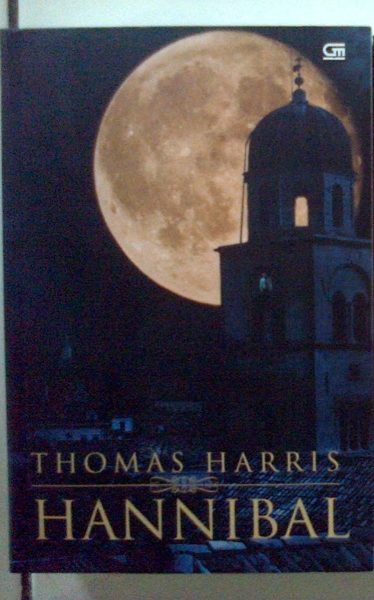
The movie did not take this approach. Instead, they cut out a good portion of the end of the novel. The whole third act is only about ten minutes long. Starling called the police within seconds of getting up and then sat there in disgust as Lecter allowed her rival to eat his revolting meal. Her and Lecter had a five minute confrontation where he ended up chopping off his own hand and she willingly went back to the FBI while he escaped.
Unfortunately, Starling going back to the organization that ruined her undermined her character more than her running away with Lecter. It shows she has not learned or grown in any way and makes the story feel pointless.
Another problem with the movie is Starling’s actress. Foster was brilliant in the role during “The Silence of the Lambs,” but was replaced by Julianne Moore, who looked bored throughout the movie. The problem was not Moore, but the casting director and the script.
There were two good things this disaster of a film brought about: the first being the return of the legendary actor Anthony Hopkins who was a delight to watch and played the role with charisma and terror. The second was every scene in the first act that did not include Starling. Hopkins pulls off the character well when he is in Florence, and the mystery into Dr. Fell is suspenseful.
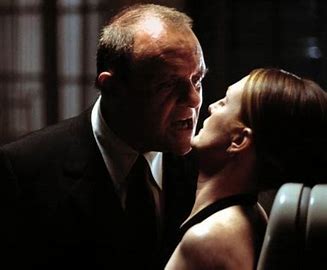
The rest of the film felt like a fever dream. It seemed as though the message was missed. Starling’s decision to tell the FBI and the media to screw themselves by running away with their most wanted was Harris’ way of telling the audience to screw themselves for making Lecter an anti-hero. In response, he gave them the bleakest, most terrifying ending imaginable: destroying everything that made audiences love Starling.
Lastly, the removal of Margot Verger, the sister of the main villain Mason, felt like a major loss. She had been treated by Lecter as a child, after her brother did horrendous things to her; this was a major factor into Verger becoming one of Lecter’s victims. Her being the one to kill her brother felt like a victory. Her removal made Mason’s doctor his killer, and having another evil character kill Mason did not feel earned.
Overall, I would give this disappointing movie a four out of ten, with the majority of the four points going to the brilliant scenes in Florence. There was no saving this film, despite having such a beautiful, yet somewhat messy, novel to begin with. The main problem with the whole movie was how they cut act two in half, and cut out all but the end of act three.

















